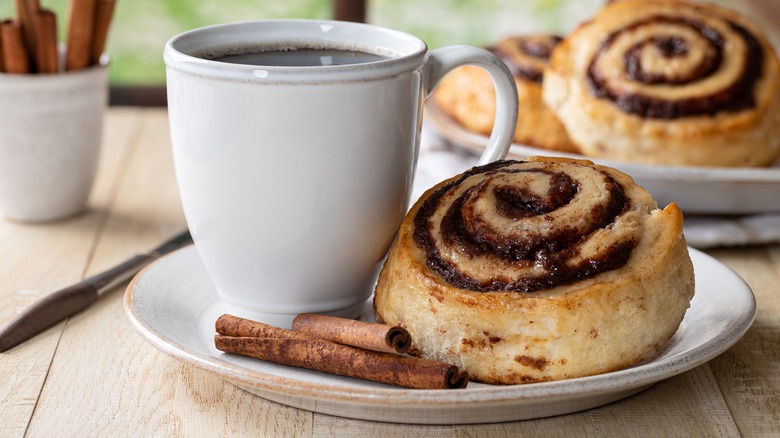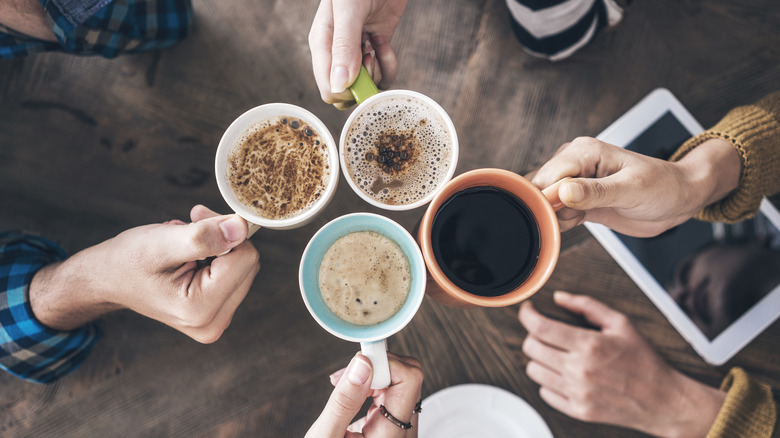Fika: The Swedish Coffee Break Tradition We Should All Be Embracing
When was the last time you enjoyed your coffee? No, we don't mean the delicious cup of Starbucks you sipped on your way to work. We're asking if you took the time to really savor it or made the experience richer with a friend by your side to talk about life. For most of us, it's a rare privilege. The standard 30-minute lunch break is barely enough to grab a bite anyway.
In a culture of limitless productivity, taking long breaks to savor food and beverages seems like a cardinal sin. People don't even want to hear about it. Exhibit A: the toxic social media backlash that surfaced in response to someone sharing her leisurely morning routine involving wholesome coffee time and conversation with her husband.
Americans could learn a lot from how Europeans approach breaks to appreciate food, amity, and conversations. Even having a cup of coffee can turn into an invigorating experience. The Swedes call it "fika," and it's something we can all embrace to enrich our lives.
First things first, fika is not exactly a coffee break. Yes, coffee is involved and often paired with sweet treats, but there is more to it than gastronomic pleasures. In the literal sense, fika means to "have coffee." In Sweden, to fika is to spend quality time with loved ones or colleagues and share a cup of coffee with something sweet. An integral part of Swedish culture, fika allows people to connect.
The history of Sweden's fika traditions
Since fika is all about people getting together to have a good time, the venue is of no consequence, but cafés, parks, and bakeries are some popular choices. There is no set time for fika, either — it all depends on your mood and circumstances.
The Europeans have enjoyed coffee and company in this manner for centuries. The word "fika" was coined in the 19th century, a derivative of the Swedish word "kaffi," which means coffee. The concept of fika, however, has been around since the reign of King Gustav III of Sweden in the 17th century. People would gather around coffee shops for their daily coffee rituals back then, but King Gustav III thought such gatherings would only ignite discussions that could threaten the monarchy. He ultimately banned coffee in Sweden, but that didn't stop people from drinking it. By the 19th century, the culture of sharing coffee and treats with friends was well-established.
Fika breaks are common in many workplaces across Sweden. These breaks typically last between 10 to 30 minutes and are usually taken twice daily. If only moving to Sweden was that easy.

